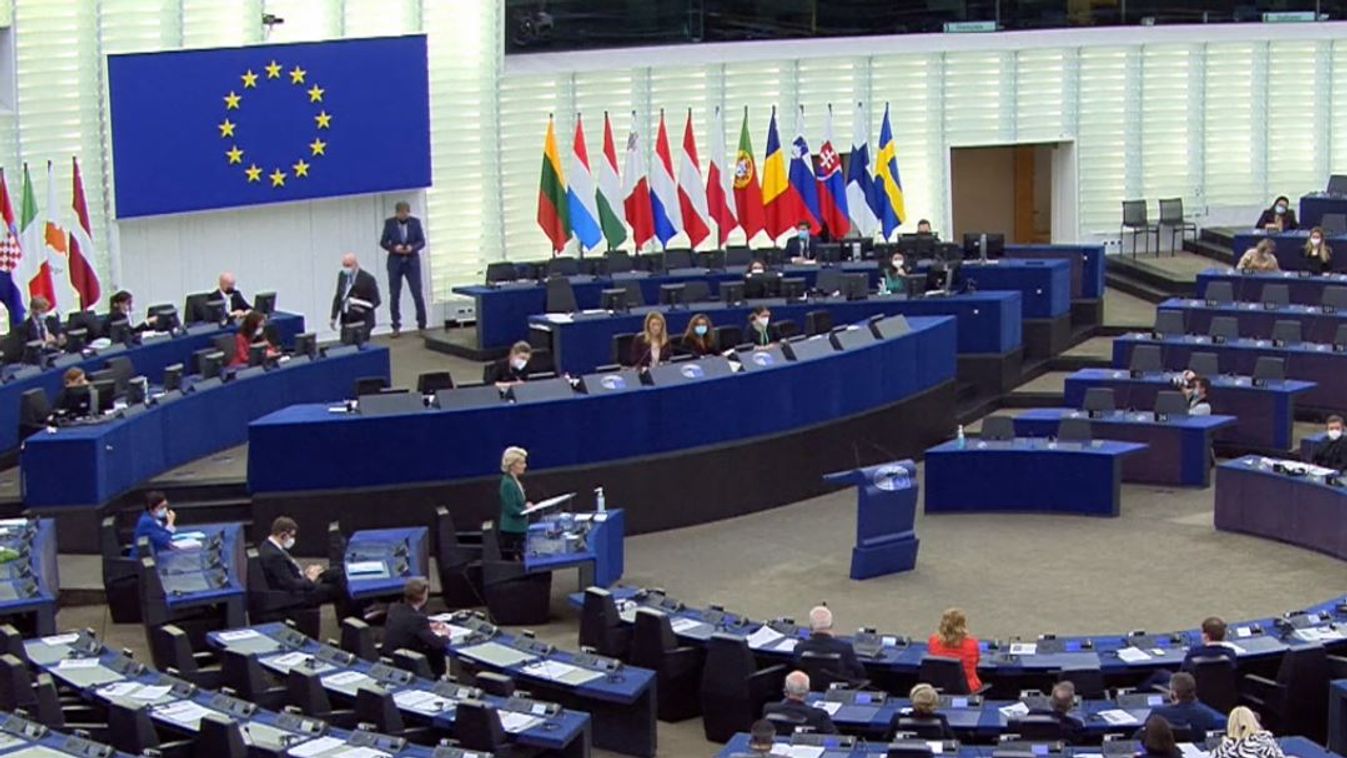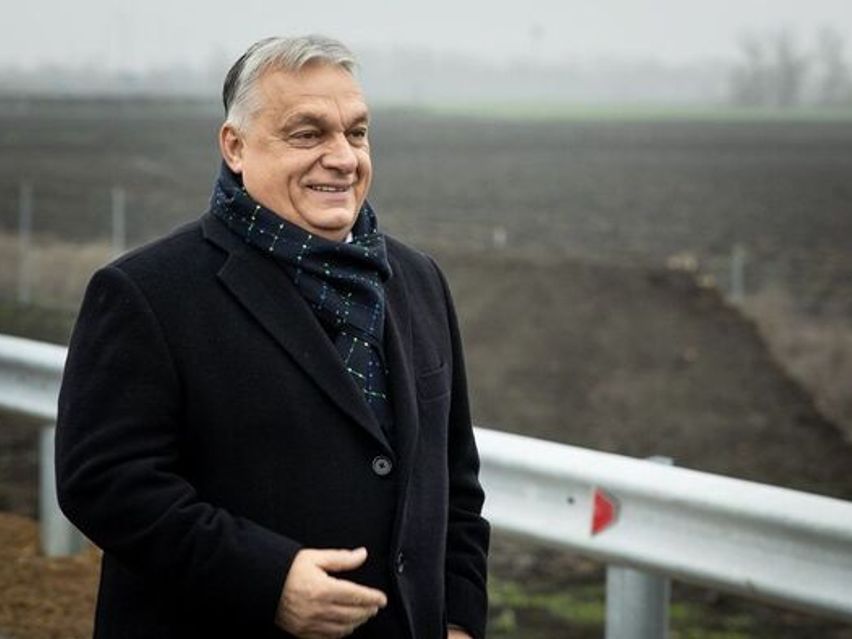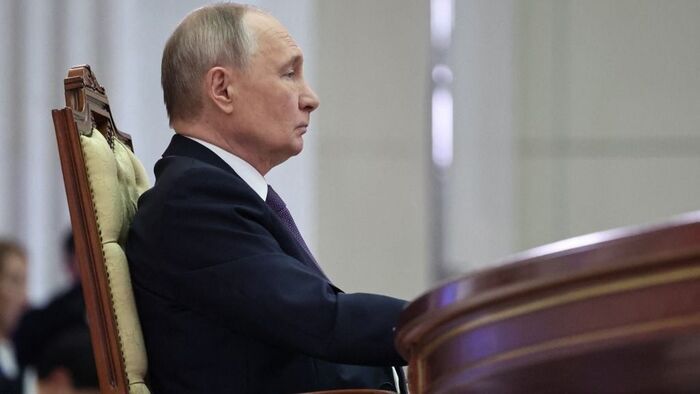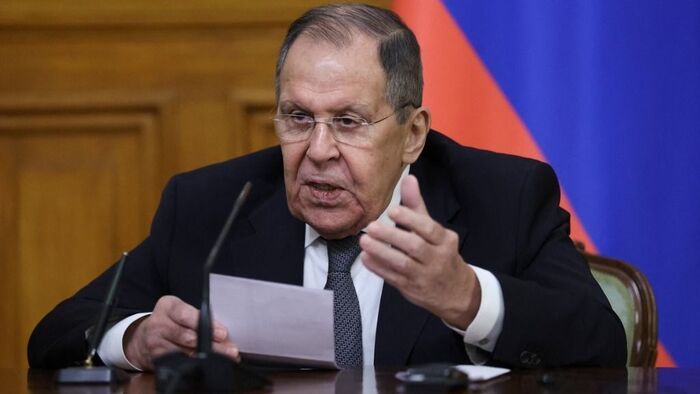Hungary/EU – Is the timing a coincidence? Probably not, as the same thing happened after the 2018 elections in Hungary: only two days after the Hungarians handed the Fidesz-KDNP coalition another mandate with a two-thirds majority in their 3 April parliamentary elections, the European Union set in motion a new sanctions procedure against the small Central European country whose political choices are widely disliked in Brussels.
Triggering the “conditionality mechanism” procedure
Indeed, during a Q&A session with MEPs on Tuesday, 5 April, the President of the European Commission, Ursula von de Leyen, announced that it had been decided to activate the brand-new “conditionality mechanism” against Hungary. The much-discussed mechanism’s official name is the “general regime of conditionality for the protection of the Union budget”, and it is supposed to allow the EU to withhold funds from the EU budget and recovery plan to a member state
if it is needed to protect the EU’s financial interests against rule-of-law violations.
On 16 February, the European Court of Justice rejected the Hungarian and Polish objections to this mechanism, giving the Commission the green light to use it against member states. On Tuesday, Von der Leyen was asked a question on this subject from the far-left Belgian MP Philippe Lamberts (Group of the Greens/European Free Alliance). Lamberts, an activist of the Belgian party Ecologistes Confédérés pour l’Organisation de Luttes Originales (Confederate Ecologists for the Organisation of Original Struggles), said, verbatim (see the video of the session from 8’30): “I would like you to elaborate a little on the actions you intend to undertake in the coming weeks, because what happened last Sunday in Hungary shows the result of the government’s total control over the media.”
The Commission President’s answer drew applause from MEPs: “Commissioner Hahn has today spoken to the Hungarian authorities and informed them that we will now send the letter of formal notification to start the conditionality mechanism.



















Szóljon hozzá!
Jelenleg csak a hozzászólások egy kis részét látja. Hozzászóláshoz és a további kommentek megtekintéséhez lépjen be, vagy regisztráljon!